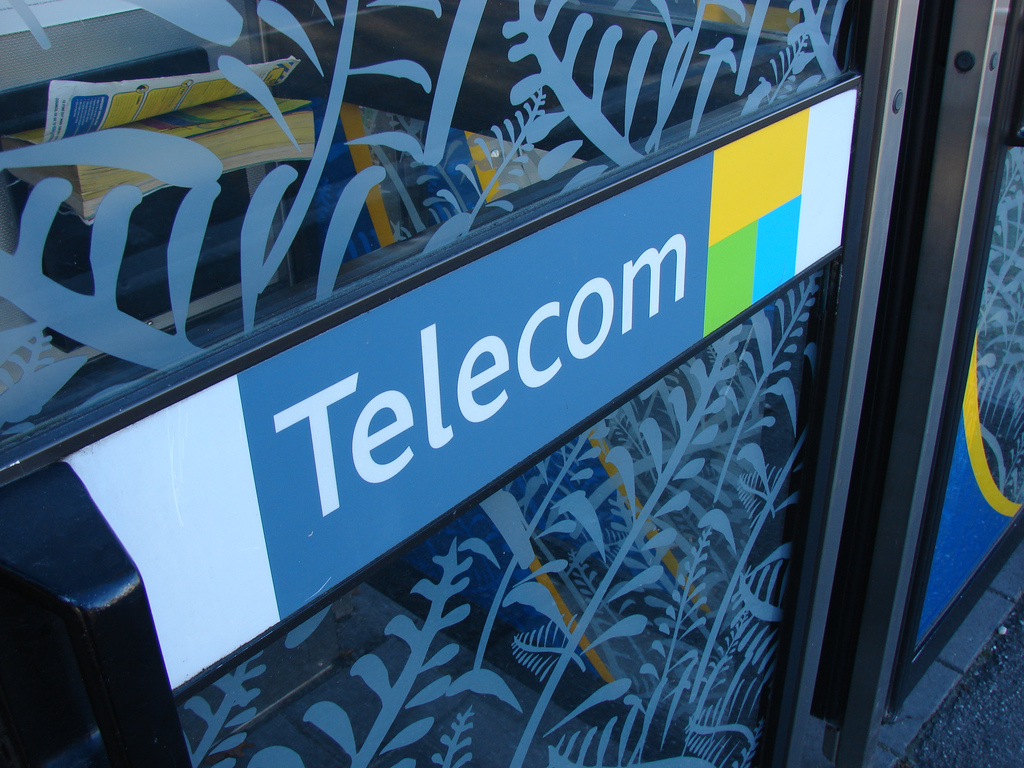Appeared in the Toronto Star on March 29, 2014 as Internet Data Routinely Handed Over Without a Warrant The lawful access fight of 2012, which featured then-Public Safety Minister Vic Toews infamously claiming that the public could side with the government or with child pornographers, largely boiled down to public […]

Telecom by yum9me (CC BY-NC-ND 2.0) https://flic.kr/p/53jSy4
Telecom
Who Needs Lawful Access?: Cdn Telcos Hand Over Data on Thousands of Subscribers Without a Warrant
The debate over Bill C-13, the government’s latest lawful access bill, is set to resume shortly. The government has argued that the bill should not raise concerns since new police powers involve court oversight and the mandatory warrantless disclosure provisions that raised widespread concern in the last bill have been removed. While that is the government’s talking points, I’ve posted on how this bill now includes incentives for telecom companies and other intermediaries to disclose subscriber information without court oversight since it grants them full civil and criminal immunity for doing so. Moreover, newly released data suggests that the telecom companies don’t seem to need much of an incentive as they are already disclosing subscriber data on thousands of Canadians every year without court oversight.
This week, the government responded to NDP MP Charmaine Borg’s request for information on government agencies requests to telecom providers for customer information. The data reveals that the telecom companies have established law enforcement databases that provides ready access to subscriber information. For example, the Competition Bureau reports that it “accessed the Bell Canada Law Enforcement Database” 20 times in 2012-13. The wording may be important, since the Bureau indicates that it accessed the information, rather than Bell provided it. It is not clear what oversight or review is used before a government agency may access the Bell database.
Why Are Canadian Wireless Carriers Increasing Prices? Because They Can
Yesterday, I was contacted by a Toronto radio station wanting to discuss wireless pricing increases that have occurred over the past few months (including increases over the weekend at both Rogers and Bell). Their key question was what lay behind the increased prices? While some might point to reduced roaming revenues or costs associated with the spectrum auction, I believe the answer is far simpler.
The carriers increased prices because they can.
Indeed, this is precisely what the Competition Bureau of Canada concluded could and would happen in its analysis of the wireless environment in Canada. In its January 29, 2014 submission to the CRTC, it stated:
Podcast on the Voltage Decision
I talked to Carleton University’s Capital News about the Voltage decision. Listen to the Podcast here.
Why Copyright Trolling in Canada Doesn’t Pay: Assessing the Fallout From the Voltage – TekSavvy Case
The Canadian media featured extensive coverage over the weekend of the federal court decision that opens the door to TekSavvy disclosing the names and addresses of thousands of subscribers and establishes new safeguards against copyright trolling in Canada. While some focused on the copyright trolling issues, others emphasized the disclosure of the names and the possibility of lawsuits.
What comes next is anyone’s guess – Voltage indicates that it plans to pursue the case – but the economics of suing thousands of Canadians for downloading a movie for personal purposes may not make sense given current Canadian law. This post examines the law and estimated costs of pursuing file sharing litigation against individuals, concluding that the combination of copyright reform, the Voltage decision, likely damage awards, and litigation costs will force would-be plaintiffs to reconsider their strategies.






